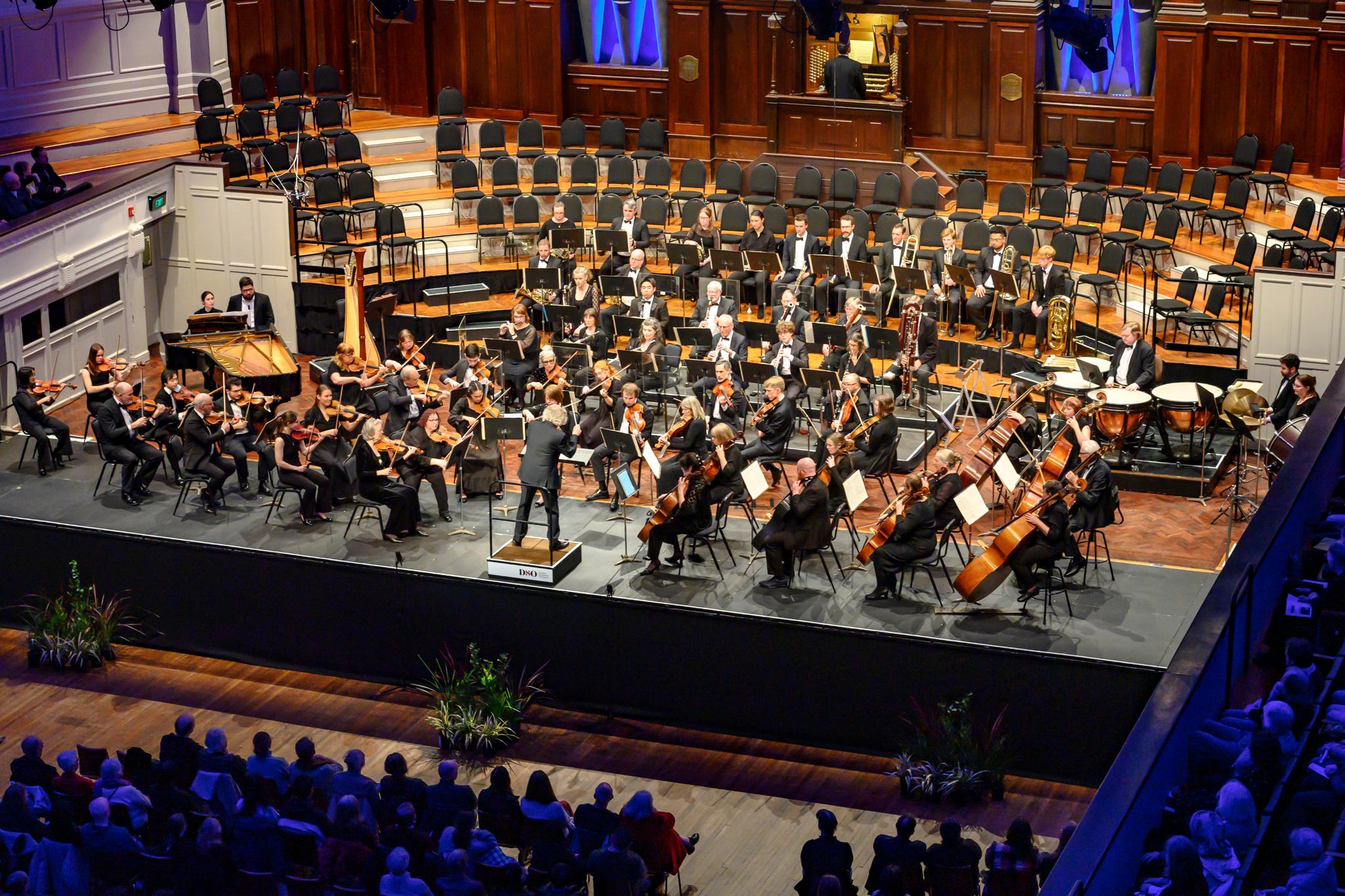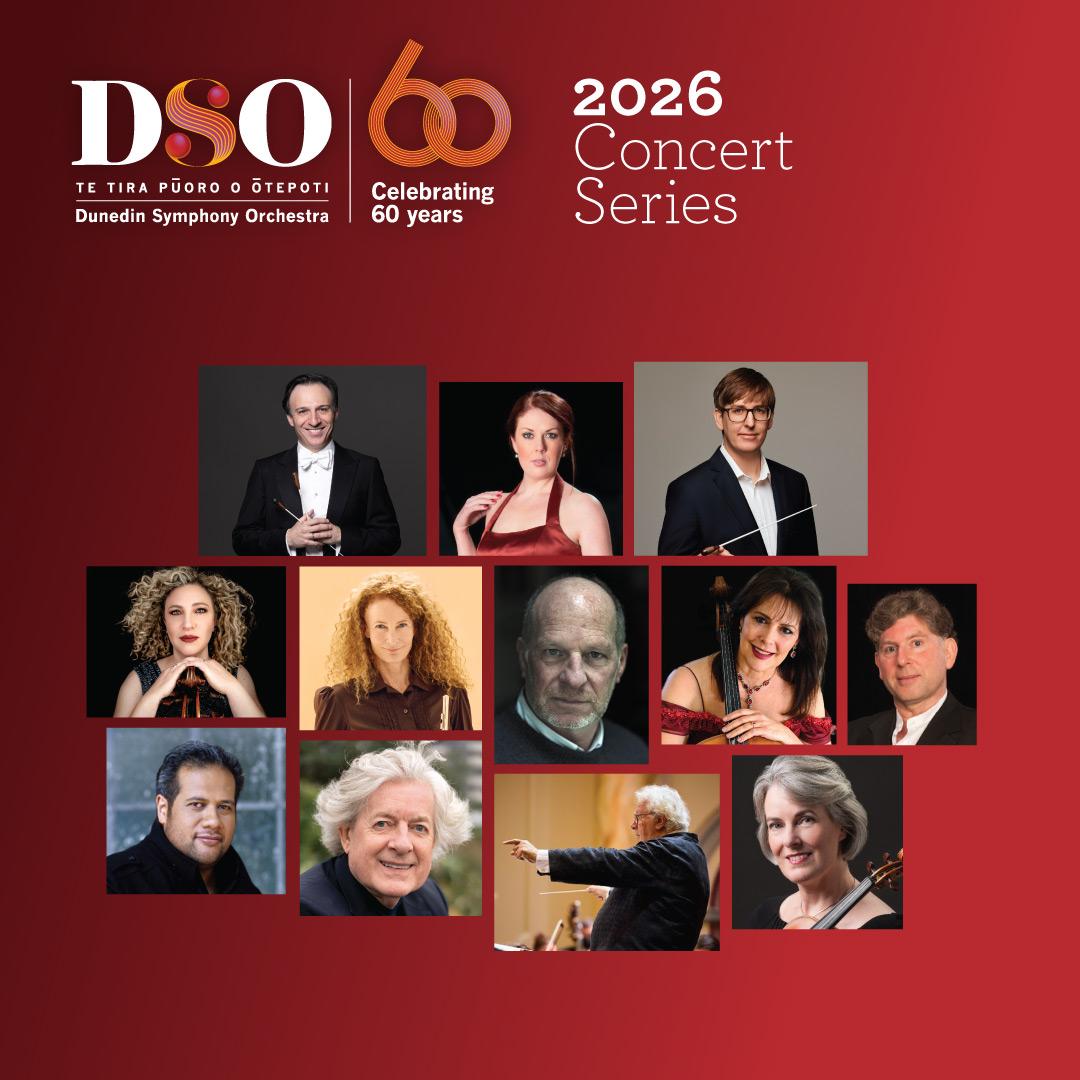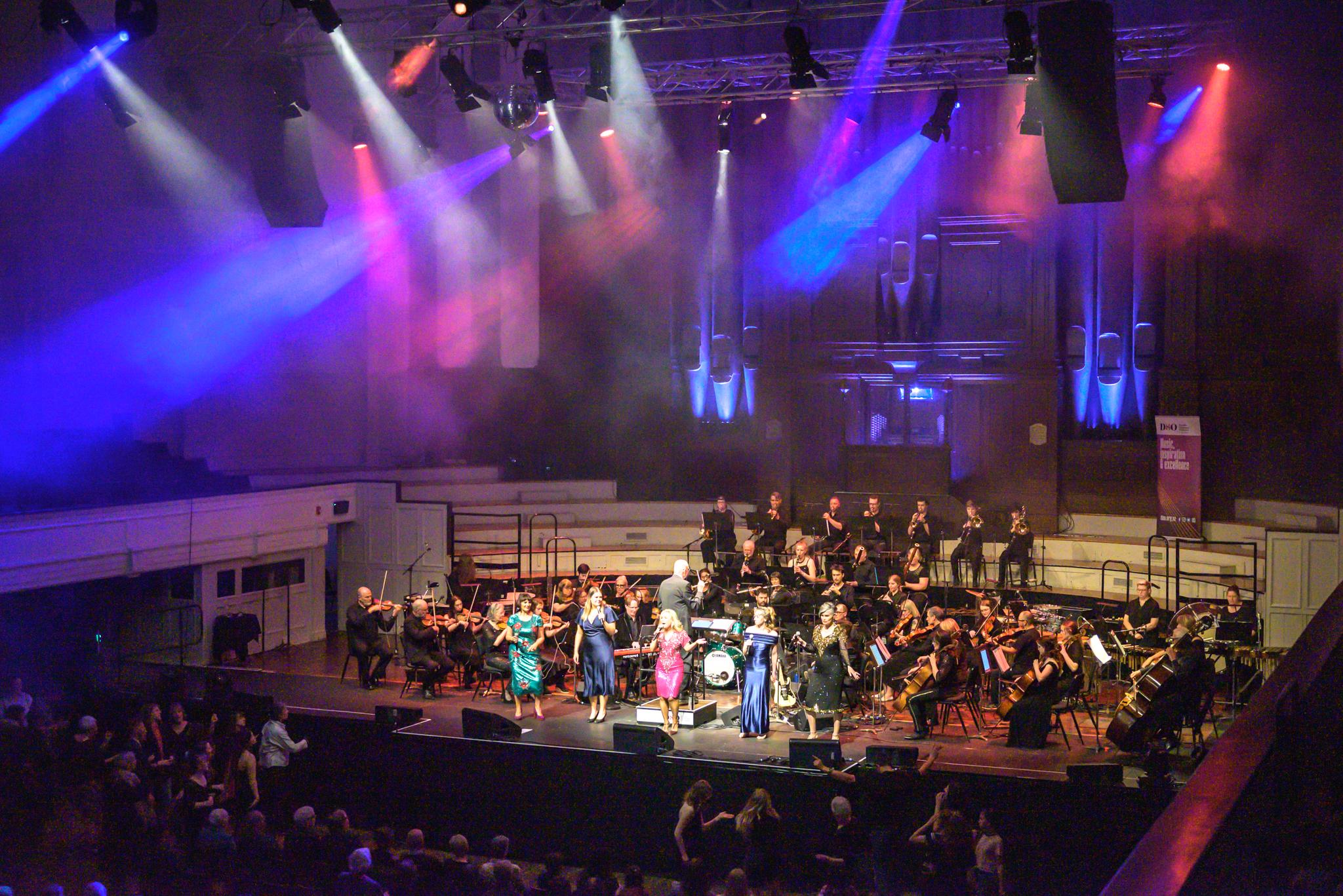News - 17 Jul 2025
Collaboration driver in taking conducting route
Ben Bayl has gone from pianist to organist to conductor as he discovered the joys of working in a team. He talks to Rebecca Fox from his home in Budapest about his journey.

A common held cliche of conductors as dictatorial figures is becoming a thing of the past, says Australian conductor Ben Bayl.
He believes it is far more rewarding to be a positive collaborator with the musicians he is leading.
"I think the people skills are an essential part of the job, and it's something which I really kind of enjoy, meeting new people, working with new musicians, as it will be in Dunedin."
Bayl will conduct the Dunedin Symphony Orchestra for the first time in two performances of "Sublime Schubert" this weekend on his first visit to the lower South Island.
With only a week to meet the DSO’s musicians and prepare for the concert, it is a tight turnaround which is normal for symphony performances.
"It's like a first date with 60 people at once, and they make up their minds very quickly. So the first impression is very important."
So while Bayl does not find he gets nervous before performances, that first meeting with a new orchestra can be a bit nerve-racking.
"Sometimes the very first rehearsal with a new orchestra I do like to get out of the way just so you establish that bond and begin to work together.
"I've heard lots of amazing things about the orchestra, so I'm really looking forward to meeting."
Bayl has arrived in New Zealand from Budapest where he lives with his Hungarian wife and two preschool daughters. He will fit in a visit to his family in Sydney, where he was born and grew up, as well as a performance with the Tasmanian Symphony Orchestra in Hobart on this trip.
The travel is part of the job, especially given Bayl likes to return to Australia whenever possible, although he tries not be away from home for more than a fortnight at a time and if the job requires a longer stay, he often brings his family along with him.
Last year the family came out to Brisbane with him for his season with Opera Queensland which required him to be there for eight weeks.
"I guess it was like having a regular day job."
It was a special project for Bayl as it included Australian acrobatic company Circa, combining acrobatics and opera, in the story of Dido and Aeneas.
"It was a lot of fun. I quite enjoy these ideas of mixing different artistic worlds like opera and acrobatics. You wouldn’t naturally put them together but someone had the genius idea to try it and I think it worked really well."
Mixing things up is something Bayl has done a bit of in his life after starting out playing piano aged 4.
"There was music in the family, we had a piano at home. My dad couldn't read music but could kind of play anything by ear and my mum had an aunt who was a piano teacher."
Bayl and his three younger siblings were encouraged to give everything a go, so along with piano Bayl played cricket.
"For me, it was the music that stuck, I think and I was also lucky, even at primary school there was a really good music teacher and a little concert band so I actually played the saxophone as well."
Then when he went to high school, he wanted to join the orchestra, so started playing the flute.
"I wasn't really good at the flute. I couldn't get a decent sound out of it and I ended up being transferred to the percussion section because I could play xylophone and vibraphone and marimba because they were set up like a piano keyboard."
It was then he started reading orchestral scores, having plenty of time in between the percussions calls to play.
Bayl believes having inspiring teachers and mentors in that time encouraged his continued interest in music. Around this time he became interested in organ and choir music.
However, he never actually wanted to be a professional musician and applied to study law at university. With his place secured, he decided instead to do a gap year, heading to England where he taught piano, travelled and "did the gap year thing". Then he received the opportunity to be the first Australian Organ Scholar of King’s College Cambridge.
"This is the point where I thought perhaps I should take this seriously so I never did begin the law degree."
During this time he did a lot of work with choirs and singers which led to his interest in conducting.
"So actually after university I kind of moved away from the organ and church music and went more towards opera, theatre world, orchestras, conducting, and this side of musical life."
He had begun to realise he was not that excited about being a soloist.
"I guess I loved the team nature of music. I loved the collaborative nature of opera and playing in an orchestra which I did a lot as a harpsichordists and keyboard player. I just loved the feeling of being on stage with other musicians, creating something together."
So conducting offered him the opportunity to be involved in team-building and teamwork. Bayl then studied conducting at London’s National Opera Studio and Royal Academy of Music.
"Opera, of course, music is just one side of everything that's going on. If you think also about the dramatic action, lights, costumes, stage, it's something which you create, which music is an important part of. So I just really enjoy that process."
It’s not an easy path to choose. First Bayl took apprenticeship roles with experienced conductors. He was appointed Assistant Conductor to Ivan Fischer at the Budapest Festival Orchestra and the Konzerthausorchester Berlin. He also assisted Sir John Eliot Gardiner, Yannick Nezet-Seguin, Daniel Harding and Richard Hickox with ensembles such as the Chamber Orchestra of Europe, Orchestre Revolutionnaire et Romantique and Mahler Chamber Orchestra.
"That's also a very good way to learn what to do or indeed what not to do in some cases. So I think that vocational side of it is really important, because the thing really with conducting is that you can't just practice in front of a mirror. It's a reactive activity, and I believe you can only learn by doing and practice by doing."
That is what makes conducting difficult, he says. "You need the hours in front of musicians to hone your craft."
Having and developing people skills is an important part of that journey, Bayl believes but it is often one not taught in conducting courses.
Working as a freelance conductor, Bayl has found the music world in Europe to be 90% recovered from the turbulence that Covid-19 wrecked on the industry.
"Its more or less back to where it was, but I think there is a little bit more caution in terms of long-term forward planning and programming. It’s just taken a long time for the ecosystem to recover. There is more uncertainty."
On the positive side, if you can look at it that way, Bayl says is that people seem to appreciate live music much more now than they did in the past.
"You can’t match that feeling of being in the room."
For Bayl there was no safety net or proper financial support during those times and his wife was pregnant with their first baby when Covid hit.
Having both Australian and Netherlands passports, thanks to his father, Bayl was able to move between countries. So they visited Australia twice in 2021 for concert performances going through hotel quarantine both times.
Those experiences made him think more about his career as a whole so he did some online training in leadership management.
"I looked at just broadening my skills beyond the podium and used the time to upskill as well."
These days he has a full schedule. Once he returns from Australasia he has concerts with the Warsaw Chamber Opera and the Hungarian National Philharmonic Orchestra followed by concerts in Amsterdam and Stuttgart.
"No two days are the same really. I would say that working with orchestras is a bit different to opera because with an orchestra, with a symphonic programme, it's usually contained within a week. Opera's a bit different, especially if it's a new production, because it tends to take up more like five to seven weeks."
One of his more recent highlights has been La Fest in Stuttgart, an opera which is a festival of baroque music and dance. It was about how human’s celebrate events in their lives both happy and sad. Bayl, a choreographer and director, spent 18 months creating the work.
"It was a very unusual show with the orchestra on the stage and 48 different pieces of music from 30 different composers and that was a huge project which is still going."
He puts his interest in baroque music down to his time playing the organ and working with church choirs as they performed a lot of old music on historic instruments or copies of.
"For me its an interesting sound world like being able to recreate a sound that those composers would have been familiar with which is different to the sound of a modern orchestra because the instruments have changed and developed in many ways, especially the strings.
"So when I do Baroque music with a modern symphony orchestra like we do some Handel fireworks music next week I do try with the orchestra to explore as much achieving that sound world with the modern instruments as we can."
Bayl is also the founder of the Australian Romantic and Classical Orchestra, although he no longer works with it, and is involved with English group the Hanover Band, an orchestra that plays on historic instruments music from the classical period.
"We actually did a very big project in the pandemic. We recorded all the Beethoven symphonies for digital video broadcast basically in two weeks."
When not working with companies, he finds there is plenty of work to do learning new music and preparing for upcoming concerts. And while he has a manager there is still work involved as there is with any small business.
"You have to be your own accountant, publicity, logistics. It’s like running a small business for one which is also what they don’t teach at college. I feel like conductors should have an economics degree, a psychology degree, a music degree and a lot of experience and then you can start to get somewhere."
Bayl, who is in his mid-40s, says there is always things to learn in the job whether it is how to do things better or interpret a score in a different way.
"I think that's true especially with conducting. I think the amount of experience is really, really important and I always feel that there's more to know. There's always more to learn. There's always more depth to something and I think that should not be underestimated."
TO SEE
Sublime Schubert Dunedin Symphony Orchestra, July 19, 5pm. July 20, 3pm, King’s and Queen’s Performing Arts Centre.
Share article:
Other News & Reviews
Stay Tuned.
Keep current about all things DSO.

2026 Dunedin Symphony Orchestra
(Registered as Dunedin Civic Orchestra Incorporated. Registered Charity CC34031.
Address
PO Box 5571
Dunedin 9054
New Zealand
Hanover Hall
65 Hanover Street
Dunedin 9016
New Zealand










